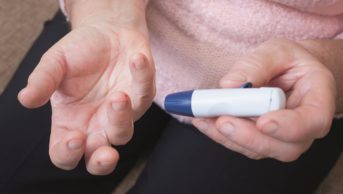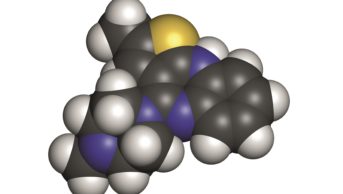
Shutterstock.com
The comparative efficacy and safety of antihypertensive drugs in adults with diabetes and kidney disease is unclear. To investigate, an international team performed a network meta-analysis of 157 randomised controlled trials with 43,256 participants, including some previously unpublished data.
All studies had at least eight weeks of follow-up and evaluated orally administered blood pressure-lowering drugs.
No blood pressure-lowering strategy prolonged survival in adults with diabetes and kidney disease. However, dual therapy with an angiotensin-receptor blocker (ARB) and an angiotensin converting enzyme inhibitor (ACEi) and ARB monotherapy were each effective for the prevention of end-stage kidney disease, with odds ratios of 0.62 (95% confidence interval [CI] 0.43–0.90) and 0.77 (95% CI 0.65–0.92), respectively, compared with placebo.
Combined ARB/ACEi therapy was ranked lowest for hyperkalaemia and acute kidney injury among all regimens evaluated in the study, published in The Lancet
[1]
(2015;385:2047–2056).


